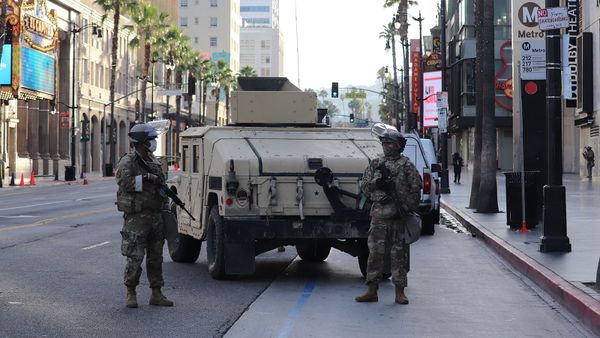
My employer has overpaid me, what are my rights? It just feels wrong. Back in 2016, the Los Angeles Times called out the Pentagon's aggressive effort to claw back millions of dollars in bonuses paid to California National Guard members who re-enlisted to fight in the wars in Iraq and Afghanistan.
Under pressure to meet quotas, the California Guard improperly handed out re-enlistment bonuses to thousands of soldiers who did not qualify for them, although the soldiers didn't know they were ineligible. Faced with angry blowback from Congress and veterans groups, Defense Secretary Ash Carter called for an immediate suspension of the debt collection efforts until a fair and streamlined system could be devised.
Advertisement
Americans were shocked by the idea of the government taking back bonuses (with interest!) from veterans who had served their country faithfully, demanding $20,000 to $40,000 from each soldier. But the truth is that most employers — public or private — have the legal right to recoup bonuses or other wages if they can prove that the worker was overpaid.


